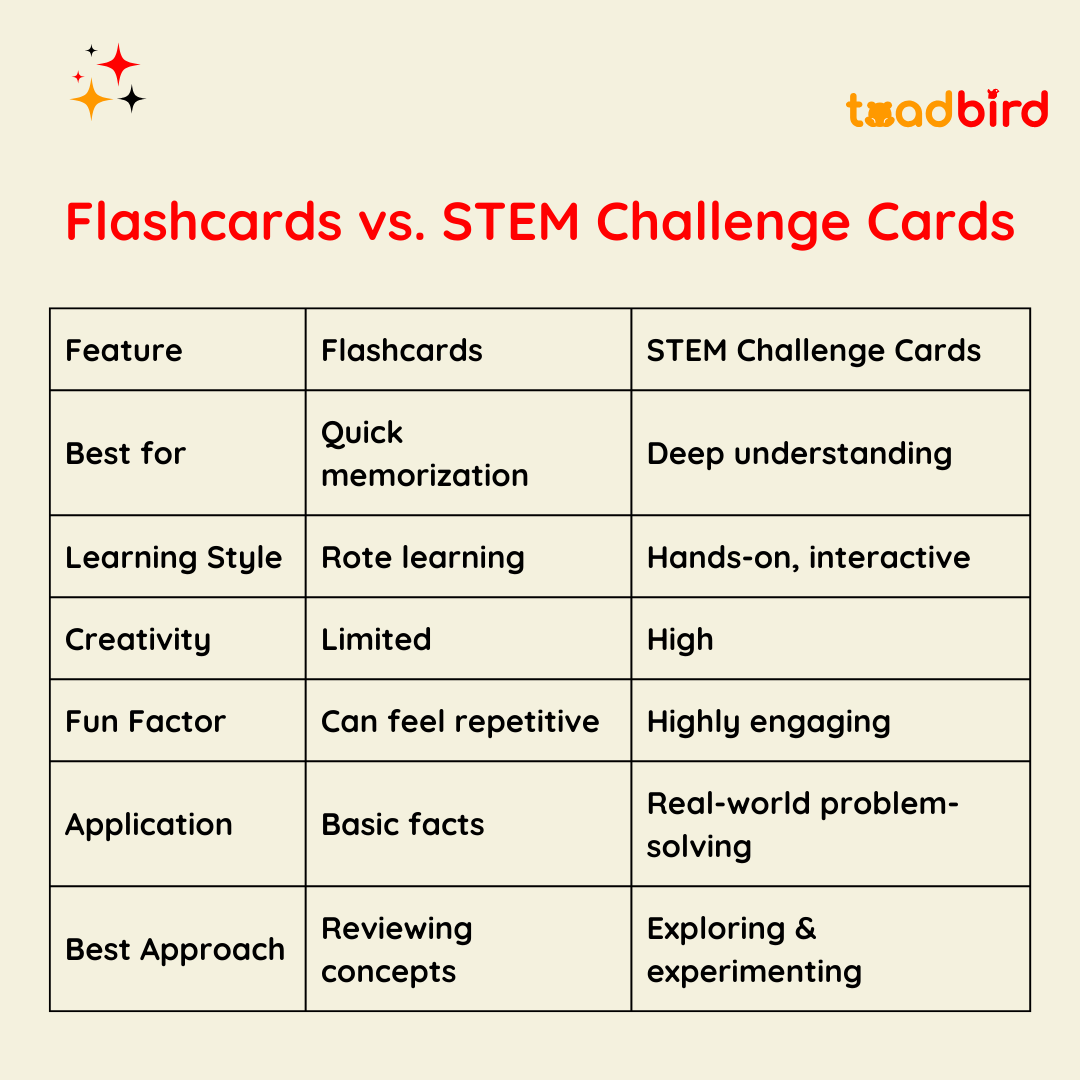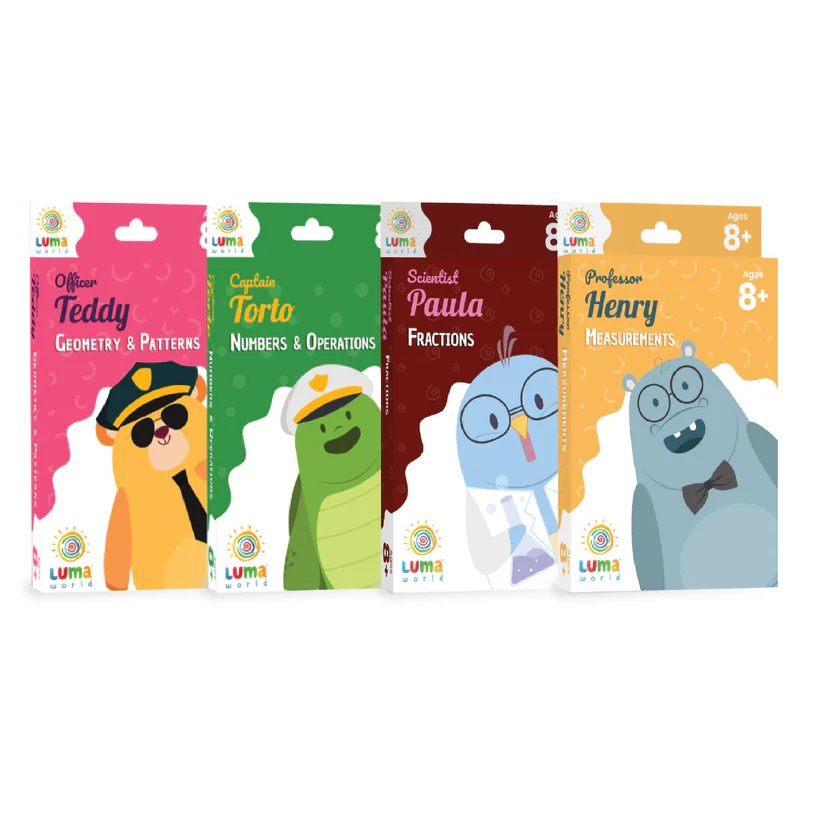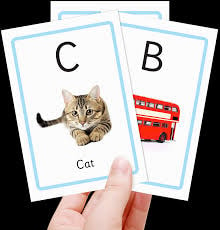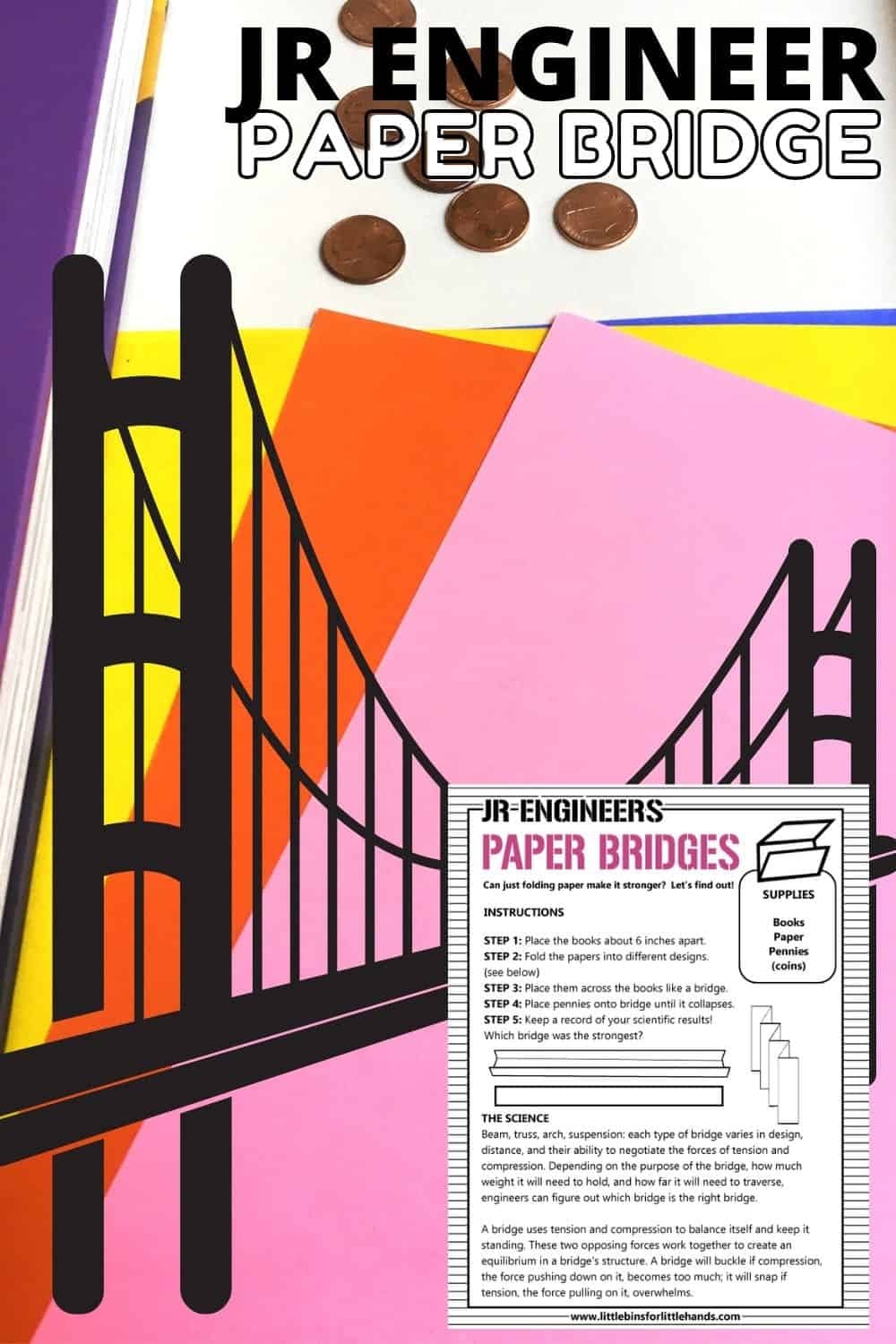STEM Challenge Cards or Flashcards: The Best Tool for Kids' Learning
Zeba ParkarShare
You're a parent, so I'm sure you've experimented with various learning tools to get your kid to grasp new ideas. STEM challenge cards and flashcards are two favorites that are commonly suggested. Both work amazingly well, but for different reasons. You're maybe considering whether flashcards or STEM challenge cards are best for children's learning. Me too—I've experimented with both with my kids.
Over the years, I’ve seen my children engage with both, and I’ve witnessed firsthand the different ways each tool impacts their learning journey. From my younger kids practicing math facts with math flashcards to my older kids diving into STEM activities with challenge cards, I’ve had a front-row seat to see what works best in different scenarios. So, let's cut to the chase—what is the best tool for learning for children?
1. Understanding Flashcards: The Classic Learning Tool
Flashcards are a very simple, yet effective tool for learning that has endured the ages. Flashcards are typically in sets of two—one side a question or term, and the other side the answer. Flashcards can be used for learning math, memorizing vocabulary, or even reinforcing science terminology, and are a favorite among many parents and educators.
Flashcards are particularly useful for early finishers and are required to be practiced more. Flashcards are usable in small groups or whole class mode. Because various topics are available for the use of flashcards, these are convenient to store, portable, and easy to carry—suitable for learning on the move.
How Flashcards Work: Active Recall and Memory Retention
When we consider flashcards, the very first thing that tends to pop into our minds is how they can reinforce memorization. However, why do they work so well at assisting children in remembering? The answer lies in the process of active recall. Active recall is a method that compels the brain to recall information from memory, strengthening memory.
Consider, for instance, a math flashcard that has "7 × 8" written on one side. As your child glances at it, his or her mind must remember the answer (56) prior to flipping the card over and verifying whether they are correct. This is done every time they go through the flashcards, and it serves to store math facts in memory gradually. Research indicates that active recall assists the brain in consolidating memories so that they can be retrieved more easily later on.
Flashcards aren't limited to multiplication or subtraction. They can be used to practice important concepts in other subjects, including reading, science, and even engineering. While wonderful for basic memorization, they might not always challenge your child's creativity or critical thinking. That's where STEM challenge cards enter the picture.
Why Flashcards Are Popular Among Parents and Teachers
✅ Quick and easy to use – Perfect for short study sessions
✅ Encourages independent learning – Kids can practice on their own
✅ Versatile and portable – Ideal for on-the-go learning (road trips, waiting rooms, etc.)
✅ Turns learning into a game – Can be used for fun activities like speed drills and matching games
However, while flashcards are great for memorization, they may not always help with conceptual understanding—which is where STEM challenge cards can play a crucial role.
2. STEM Challenge Cards: The Hands-On Approach to Learning
What Are STEM Challenge Cards?
In contrast to flashcards, STEM challenge cards are meant to encourage problem-solving and creative thinking. STEM challenge cards pose actual challenges that necessitate children using STEM learning (Science, Technology, Engineering, and Math) concepts in practical applications. For instance, a STEM challenge card may challenge children to construct a bridge with common household items or create a structure with a given number of math facts.
What differentiates STEM challenge cards from others is how they emphasize learning process over rote memorization. They call upon children to explore, to try out new things, and to use the lessons learned in order to do something new themselves. The challenge in these situations forces children to think critically, test their hypothesis, and fail occasionally before eventually coming up with the correct response. It's the interactive way that STEM work engages and sharpens problem-solving skills.
How STEM Challenge Cards Work: Hands-On, Interactive Learning
When you present your child to STEM challenge cards, you're welcoming them to an interactive learning world. In contrast to flashcards that emphasize rapid answers, STEM challenge cards challenge children to be creative and think critically to address problems. They are presented with a challenge to apply the math, science, and engineering concepts they have learned.
For instance, a card could challenge your child to answer an easy math problem—but instead of simply putting down the solution on paper, they may be requested to show it through an actual experiment or engineering project. From creating a spaghetti-marshmallow building to solving arithmetic problems with home materials, STEM challenge cards offer kids an opportunity to explore learning math in an enjoyable and realistic manner. Through interactive play such as this, children better absorb information because they get to experience what they know in real, hands-on scenarios.
3. Flashcards vs. STEM Challenge Cards: A Side-by-Side Comparison

How Each Tool Supports Math Learning
When it comes to teaching math, both flashcards and STEM challenge cards have a role to play.
Math Flashcards: Math flashcards are a great way to memorize basic math facts such as addition, subtraction, and multiplication. They are great for a fast review of math facts and are also useful for early finishers who require more practice. The cards can be completed independently by children, thus increasing confidence and speed. Though flashcards are wonderful for recalling facts, they do not always assist children in comprehending the concepts behind the numbers. If you are looking for flashcards for your kids, then explore our flashcards at ToadBird.

STEM Challenge Cards in Math: On the contrary, STEM challenge cards are not all about the mathematical problems only. They encourage children to construct and solve issues requiring more intellectual effort and problem-solving. A child, for instance, is presented with a math fact a given number of which he is expected to design a structure using it or crack a puzzle with application of principles in engineering. It makes it easy for the kids to hold math concepts more due to its usage in everyday lives.
The Role of Flashcards and STEM Challenge Cards in Cognitive Development
Cognitive development in children requires the development of skills such as memory recall, critical thinking, and problem-solving. Two useful tools that facilitate cognitive development are flashcards and STEM challenge cards. Though both have different functions, both help a child significantly in his/her learning process by improving recall, inducing creativity, and making education more interactive and interesting.
Flashcards: Strengthening Memory and Recall
Flashcards are widely recognized as an effective learning tool for improving memory retention and recall. Through repetitive learning and active recall, kids reinforce neural connections, making it easier to retrieve information when needed. This technique not only strengthens cognitive skills but also enhances a student’s ability to absorb and retain information for longer periods.
Benefits of Flashcards:
- Encourage active recall to strengthen memory.
- Promote spaced repetition, improving long-term retention.
- Make learning quick, engaging, and adaptable for different subjects.
Research has shown that students who incorporate flashcards into their study routines perform better in recalling facts, concepts, and vocabulary compared to those who rely on passive learning methods.
STEM Challenge Cards: Encouraging Critical Thinking and Creativity
Whereas flashcards are centered on memory and recall, STEM challenge cards advance the learning process by incorporating critical thinking, creativity, and problem-solving. They pose everyday challenges that necessitate children to utilize their knowledge in new and innovative ways, promoting analytical and reasoning skills.
Benefits of STEM Challenge Cards:
- Encourage experimentation and problem-solving in a hands-on manner.
- Develop logical reasoning and critical thinking skills.
- Help children connect theoretical knowledge with real-world applications.
- Make learning fun, engaging, and interactive.
By integrating STEM challenges into their learning routine, kids develop a deeper appreciation for science, technology, engineering, and math, leading to a stronger foundation in these essential subjects.
When to Use Flashcards and When to Use STEM Challenge Cards
Both flashcards and STEM challenge cards are useful teaching tools, but they are used for different reasons. Knowing when to utilize each can help to optimize learning gains and ensure that children have a solid foundation of knowledge while also developing critical thinking and problem-solving skills.
Flashcards Are Best When:
Flashcards are ideal for reinforcing fundamental concepts and ensuring that information is easily retrievable. They are most effective in situations that require memorization and repetition.

- You need a quick and effective way to review math facts, vocabulary, or key concepts.
- Your child is working on memorization and needs regular practice.
- You want to build a foundation of knowledge before introducing more complex subjects.
- You’re preparing for a test or quiz that requires rapid recall of facts and information.
Flashcards work well for subjects like math, language arts, science facts, and historical dates, where recall plays a major role in mastering the material.
STEM Challenge Cards Are Best When:
STEM challenge cards focus on application, creativity, and problem-solving. They are best used when children need to move beyond memorization and start applying their knowledge in meaningful ways.
- You want your child to apply knowledge in a creative, hands-on way.
- You’re focusing on problem-solving skills and critical thinking development.
- Your child enjoys challenges, experiments, and interactive learning experiences.
- You want to engage kids in STEM learning and encourage them to think outside the box.

These cards are perfect for science experiments, engineering challenges, coding exercises, and real-world problem-solving activities.
The Best Approach: Combining Flashcards and STEM Challenge Cards
The most effective learning strategy isn’t choosing one method over the other—it’s combining both.
Start with flashcards to reinforce foundational knowledge, such as math facts, vocabulary words, or science definitions.
Transition to STEM challenge cards to help kids apply what they’ve learned in a problem-solving context.
For example, after using flashcards to memorize multiplication tables, a STEM challenge card can prompt kids to use those skills in a real-world math puzzle or engineering challenge. This combination ensures that children not only remember information but also know how to use it effectively.
By integrating both memorization and application, kids develop a well-rounded skill set that fosters both strong memory retention and creative problem-solving abilities—essential for lifelong learning.
Final Thoughts: What’s the Best Tool for Kids’ Learning?
So, what’s the verdict—STEM challenge cards or flashcards? Ultimately, both have their place in your child’s learning journey. Flashcards are excellent for reinforcing math facts and other memory-based learning. But if you want to foster creativity, problem-solving skills, and a deeper understanding of STEM concepts, then STEM challenge cards are the way to go.
In fact, combining both tools can help your child develop a strong foundation in basic math skills while also encouraging them to think critically and creatively. No matter which tool you choose, the key is to make learning enjoyable and engaging.
Flash cards from Toadbird offer the best of both words, simple math problems that reinforce concepts while also making sure the basic math facts are covered. And the magic glass in each flash card pack adds a fun twist. Add fun to learning with Toadbird.